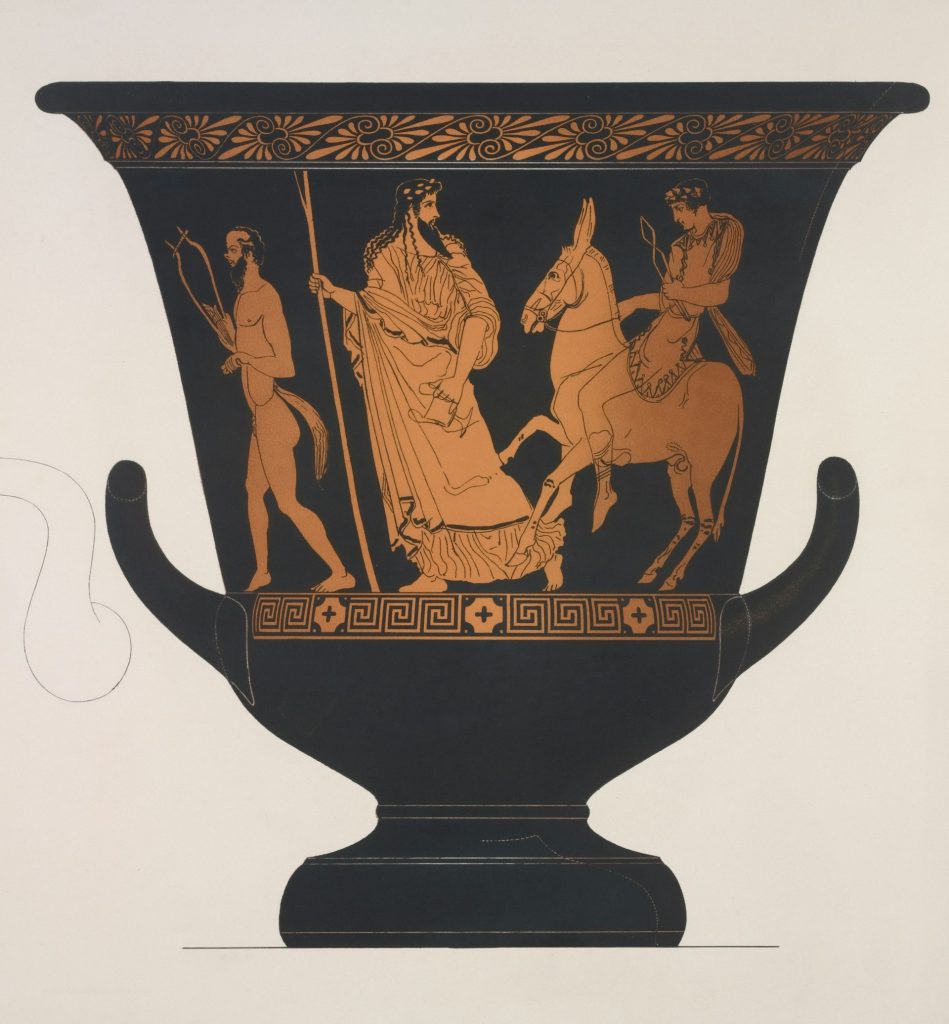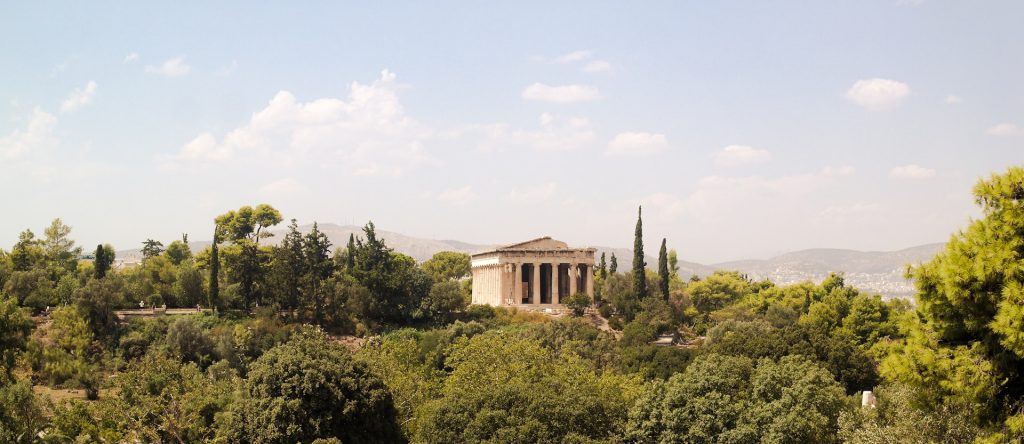Your basket is currently empty!
Hephaestus
The Master Craftsman of the Gods
Hephaestus, the Olympian god of fire, metalworking, and craftsmanship, was revered as the divine smith who forged wonders for gods and mortals alike. Born to Zeus and Hera—or, in some versions, to Hera alone—Hephaestus was known as much for his skill as for his resilience. Unlike the other Olympians, Hephaestus was depicted as physically imperfect, often shown with a limp, a result of being cast from Olympus either by Hera for his deformity or by Zeus during a quarrel.
Despite his challenges, Hephaestus’s ingenuity was unmatched. From his forge beneath Mount Etna, he crafted magnificent artifacts, including Zeus’s thunderbolts, Achilles’ armor, and even Pandora, the first mortal woman. His creations were both functional and beautiful, blending artistry and utility in ways that underscored his genius.

Hephaestus was married to Aphrodite, the goddess of love, though their union was far from harmonious. Aphrodite’s infidelity, particularly with Ares, was a source of humiliation for Hephaestus, but it also demonstrated his cunning. He famously trapped the lovers in an unbreakable net, exposing them to the ridicule of the other gods.
Despite his personal struggles, Hephaestus was a benefactor of humanity, teaching mortals the secrets of fire and metalwork. His dedication to his craft made him a symbol of perseverance and creativity.
Hephaestus’s story is one of overcoming adversity through talent and hard work. As the god of the forge, he represents the transformative power of fire and the enduring value of craftsmanship in shaping the world.

Leave a Reply